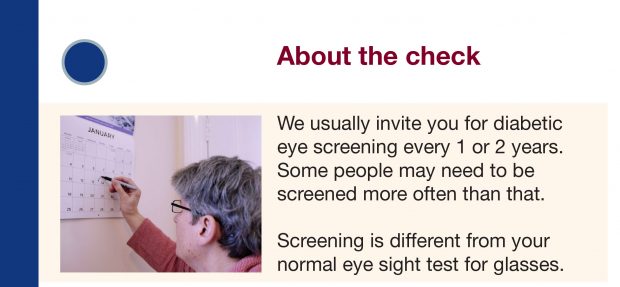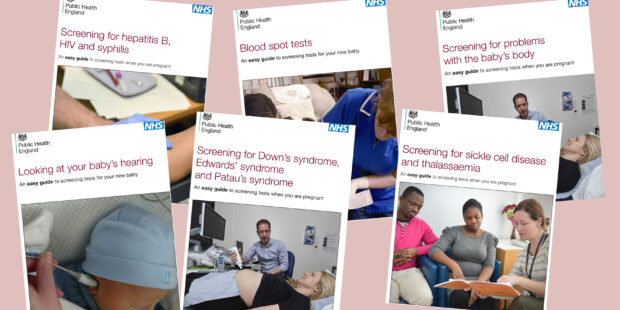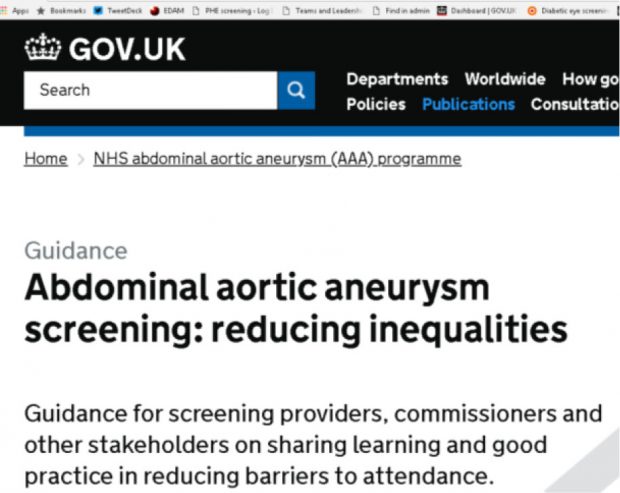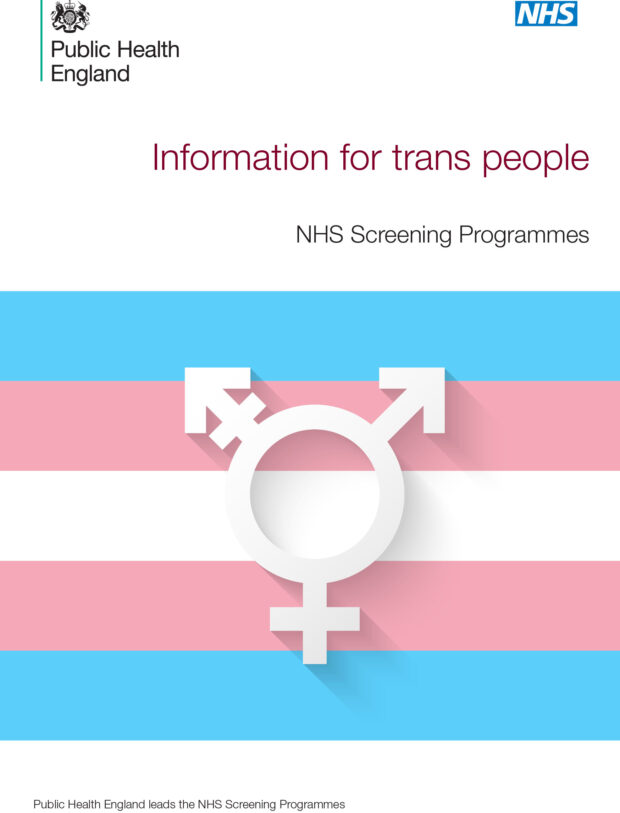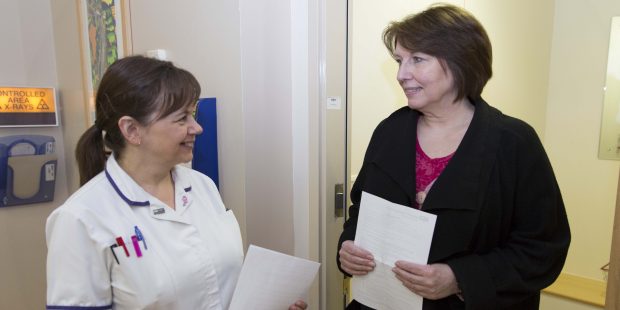We have published an updated version of our easy guide to diabetic eye screening to help make diabetic eye screening more accessible to people who have a learning disability or who struggle with written English.
The Screening tests for you and your baby: easy guides have been well received by health professionals and the public, an evaluation project has found.
...2018, the question ‘Do you know if you are a sickle cell or thalassaemia carrier?’ was added to the trust’s online self-referral form and it seems to be transforming early...
GPs have access to highly sensitive personal information and take their ethical and legal duties of confidentiality very seriously. However, it is important for them to remember the Caldicott principle that the duty to share information can be just as important as the duty to protect confidentiality.
We are moving the PHE Screening inequalities strategy forward with a series of actions and work streams.
Here’s a list of all our May blog posts and links so you can find them.
...back to them as often as you need to. They explain how to use and understand the data in the report, taking you through what data is available, how to...
Reducing inequalities is one of the main aims of Public Health England. So I'm really pleased to launch the PHE Screening inequalities strategy.
It’s important GPs help ensure everyone gets the information they need in order to decide if screening is the right thing for them depending on their circumstances.
Today we’ve published an updated version of our easy guide to breast screening. This leaflet aims to ensure that our information about breast screening is equally accessible to women who have a learning disability or struggle with written English.
